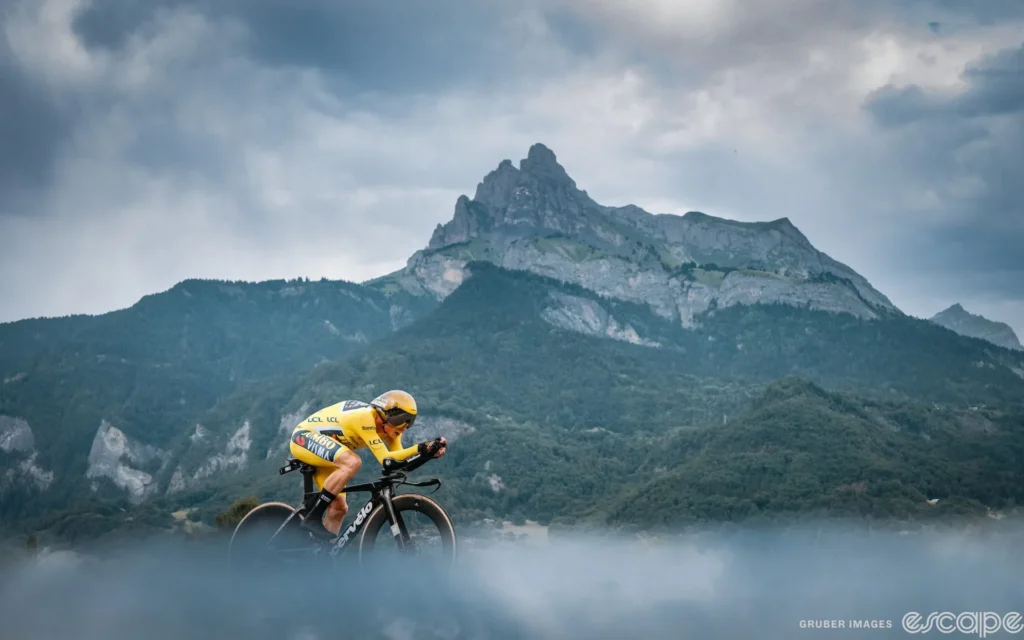
“We are, I think, in a form of purgatory, have been for two weeks. Not knowing is purgatory. For fans, not having an answer as to which of your two favorites will win is an anticipatory wait for salvation. For journalists, writing longs for denouement and finally conclusion and only then can one pinpoint narratively where the climax was. In Purgatorio, the second part of the Divine Comedy, Dante sees the mountain of purgatory as an allegory for his own reconciliation between classical and religious thought – philosophical logic and belief. For us, on our own mountain, we can recognize in his words our own split between analytical frankness about what is going on and hope, blind and courageous as the hope Dante has in God.
“As he ascends up through the layers of souls whose sins are in the process of redemption, and as he approaches paradise, these contradictions, manifested allegorically through Virgil, his guide, the poet of classical antiquity, and Beatrice, his Platonic love who will let him into heaven, become ever more in dialogue with one another. Dante opens up the 11th canto with a version of the Lord’s Prayer as prayed by the proud. He writes what I think can really be seen as a prayer for the Tour de France as prayed by the protagonists:
[. . .]
“And Vingegaard, he is locked in, expressionless, riding as perfectly in form so as to recall Dante’s images of angels carved into gravestones: ‘so truly carved there in his tender posture / you could not see him as a speechless image.’ Fitting for the death of hope increasingly frothing to the surface as one minute approaches, but never quite reaches two. At the end of Purgatorio, Virgil, a pagan, must leave Dante in the garden of Paradise before Dante can ascend to paradise. Indeed, here, one man is no longer following the other.” —Kate Wagner, “The Tour de France exits purgatory,” escape collective, July 18, 2023 (retrieved December 30, 2023)
Contributed by Noah Eckstein, Bowdoin ’21
